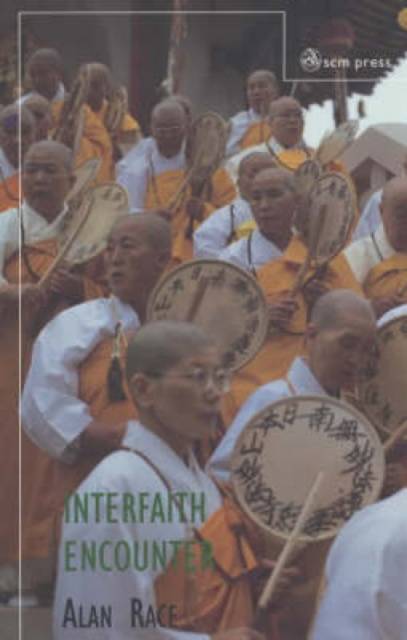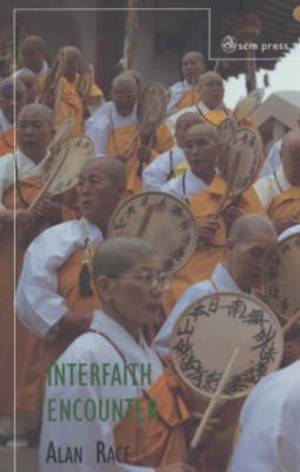
- Afhalen na 1 uur in een winkel met voorraad
- Gratis thuislevering in België vanaf € 30
- Ruim aanbod met 7 miljoen producten
- Afhalen na 1 uur in een winkel met voorraad
- Gratis thuislevering in België vanaf € 30
- Ruim aanbod met 7 miljoen producten
Zoeken
€ 27,95
+ 55 punten
Omschrijving
Theology and dialogue represent the twin tracks for Christian engagement with the rich religious diversity of a shrinking globe. Yet, for much of the time they exist in profound tension. This tension arises because the largely negative history of Christian approaches towards the religious Other is now being questioned by the new information, experiences and relationships which stem from the growing dialogue between religions. Track One argues for a basically pluralistic and therefore controversial view in the theology of religions, while Track Two advances an equally controversial view that dialogue really does instigate a paradigm shift in religious thinking and being. For Alan Race, the twin tracks cannot afford to maintain their separateness for much longer. This book offers a summary introduction to its subject for those coming to the issues for the first time, whilst drawing its readers beyond the purely descriptive. It will be of interest to students of theology, philosophy of religion, interfaith studies and to the general reader or practitioner in interfaith relations. Alan Race is Dean of Postgraduate Studies at St Philip's Centre for Study and Engagement in a Multifaith World and Vicar of St Philip's Church, Leicester.
Alleen bij Standaard Boekhandel
+ 55 punten op je klantenkaart van Standaard Boekhandel
Beoordelingen
We publiceren alleen reviews die voldoen aan de voorwaarden voor reviews. Bekijk onze voorwaarden voor reviews.












